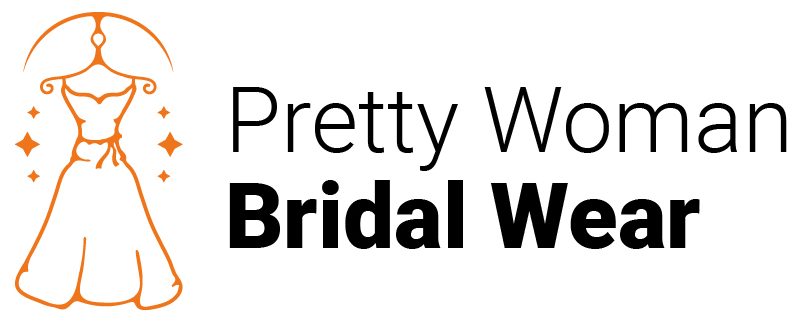I’ve been thinking recently about the way certain clothes can alter the body shape of the wearer. For instance, there is no need to consider what type of torso/upper-thigh position that you’re dealing with. If you don the right pair or “shapewear” (a name so simple it’s almost a being a euphemism), you’ll be transformed into a fleshy hourglass. Some other clothes, such as shoulder pads or cowboy boots, are so imposing in their form – and in the sense that they are distinct by their state – that they completely change the silhouette of the wearer’s body, altering their corporeality into a defined continuous line.
But what has really struck me is the way certain clothes force us to shape our bodies to match the image or idea of them. They reverse the requirement that clothes fit us and it’s us ourselves who have to wear the clothing. What I’m referring to is wedding bikinis and dresses.
While reading a variety of wedding blogs lately (in an attempt to promote research! My PhD is with my boyfriend, and we’re serious already) It’s been hard not to be aware of the underlying message in the advice offered to potential brides. Brides need to hide “figure flaws” if they do not possess what’s considered to be the “ideal” body shape (an hourglass for those in the comfort of their home) and since the focus of attention is on her, she needs to look “picture perfect”.
It’s not just that this “perfection” is necessary for her to fulfill her job as a bride, in other words, herself, but more importantly, because she’s at the top of her romantic story. It is also expected. This is the most important wedding day ever (isn’t this?), and she must become the best version of herself to be able to enjoy it.
To prove that she’s worthy of being married? To “make her cousins jealous” (as one website for bridal fitness suggested)? To show her ability to excel in this ceremony as a part of society? Maybe any of these (cousins are not excluded).
Being the “best self” in the terms of these blogs generally is dressing in a way which sculpts your body to flatter its figure. If there’s “too much” of her it is suggested (in subliminally optimistic words) to “channel her wedding planning stress into exercise,” which can undoubtedly bring the benefits loss of weight.
What she’s wearing this image is wedding perfection. She has to make choices that enable her to achieve the image so as not to feel ashamed when it comes to The Day. In the end, as one blog pointed out to the readers of its blog, wedding pictures will remain forever.
Another type of clothing we are compelled to dress in are bikinis. For bikinis to look the way you “should,” we must have flat stomachs and hips that are slim and boyish or glide with a smooth curvature from waist to the thighs. We shouldn’t be too extravagant and should not show the appearance of “excess” flesh in wearing one.
Bikinis even as short as they are, cover everything and to use their garments “properly” we have to attain the “bikini body”, in which we transform our bodies to fit in the appropriate way. If we’re not able to look in this manner it is possible to wear “flattering” one-pieces that will look like the perfect wedding dress, conceal every one of the wearer’s “flaws”: that is the inability to wear the bikini in a way that’s socially acceptable.
This message is conveyed through the bodies of models featured in the catalogues of swimwear and fashion magazines’ swimwear editorials. However, we personally adhere to it in many ways, both as individuals and as a community by policing each other and also our own.
We are on diets and we use fake tan products to get the slim, brown physique that we’re “supposed” to have and look at women on the beach who’ve dared to “flaunt” themselves without upholding the nonsensical three-pointed star that is Western female beauty that is to be young, thin and gorgeous. We cover up the parts of our bodies we are embarrassed about, seeing the flaw as innate to us, rather than an issue with our way of judging ourselves.
Of of course, that’s not the case. Neither a bikini or wedding dress is able to affect us in any way other than alter our appearance. appear. However, we give them symbolic significance in our relationship to them as wearers. This kind of relationship goes beyond the simple desire to look “good”, as we believe that in order to wear them, we have to alter our own bodies to fit into what image of ourselves we’re “supposed” to project when wearing them.
P.S. I’ll conclude on a strong note by linking to a photo I shared via my website Fashademic in the beginning of this year. It’s a response to the standard “How To Dress For Your Shape,” and I firmly support its wise advice: “how do you get a bikini body What do you need to do? Wear a bikini to show off the body.”



